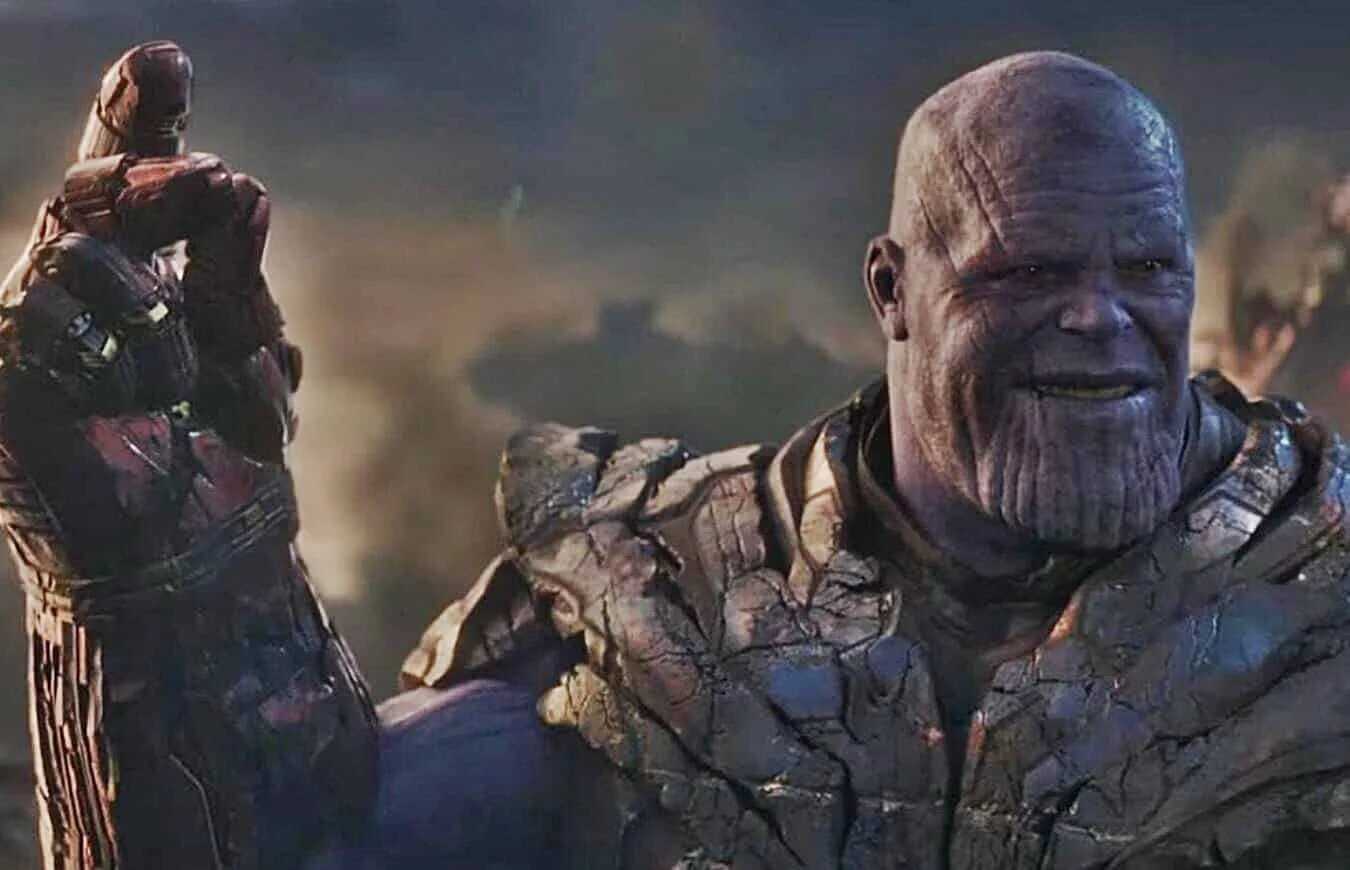Thanos' evolution from lovesick villain to MCU's biggest threat
Exploring the dramatic transformation of Thanos from his original comic-book motivations to his role in the MCU, reflecting on how filmmakers reshaped this iconic villain.

Thanos (Source: Reddit)
In the vast universe of superhero films, few have made an impact as seismic as Thanos, the formidable antagonist of Marvel's Avengers: Infinity War. Back in 2018, when the film first graced the big screen, it brought with it a version of Thanos that diverged significantly from his comic book origins. As we look back, the evolution of Thanos from a lovesick tyrant to a figure obsessed with cosmic balance remains a compelling chapter in the annals of cinematic history. Thanos, as envisioned by comic book writer Jim Starlin, was a character-driven by an unusual motivation: a quest to impress a feminine embodiment of death. "Thanos only wants to kill off half the universe to impress a feminine manifestation of death itself," noted the original storyline. This narrative, steeped in metaphysical and bizarre elements, posed a unique challenge for filmmakers Joe and Anthony Russo.
Adapting Thanos for the big screen
The transition of Thanos from page to screen required significant changes. The filmmakers, aware of the need to align with the tone of the previous 18 movies in the Marvel Cinematic Universe, decided to tweak his motivations. "It’s the balance between life and death," Kevin Feige, the head of Marvel Studios, explained the new motivation behind Thanos's actions. This grounded approach to an otherwise fantastical character resonated better with the MCU's narrative style.
The Russos, along with writers Christopher Markus and Stephen McFeely, focused on humanizing Thanos. By replacing his obsession with Lady Death with a quest to solve overpopulation, they crafted a villain whose motivations, while still extreme, were more relatable. "What we loved about Winter Soldier is that Captain America is unwittingly fighting his best friend," Anthony Russo remarked, emphasizing the importance of emotional connections in storytelling.
The decision to focus on Thanos's relationship with his adopted daughter, Gamora, instead of introducing Lady Death, offered a compelling dynamic. "Focusing on that kind of relationship, rather than the death obsession, does humanize Thanos," McFeely highlighted. This shift not only deepened Thanos's character but also provided a powerful storyline for Zoe Saldana's Gamora.
A legacy that resonates
Today, as we revisit Avengers: Infinity War, the creative decisions surrounding Thanos's character stand as a testament to the complexities of adapting comic book narratives to film. The Russos and their team demonstrated a keen understanding of the medium's demands and the audience's expectations. Thanos, as we know him in the MCU, is not just a villain; he is a multi-dimensional character whose motivations and actions continue to spark discussions and debates among fans and critics alike.
Thanos's journey from a comic book antagonist to a cinematic icon underscores the evolving nature of storytelling in superhero cinema. It highlights the delicate balance filmmakers must strike between staying true to the source material and adapting to the cinematic medium's constraints and possibilities.
(Several parts of the text in this article, including the title, were generated with the help of an AI tool.)







